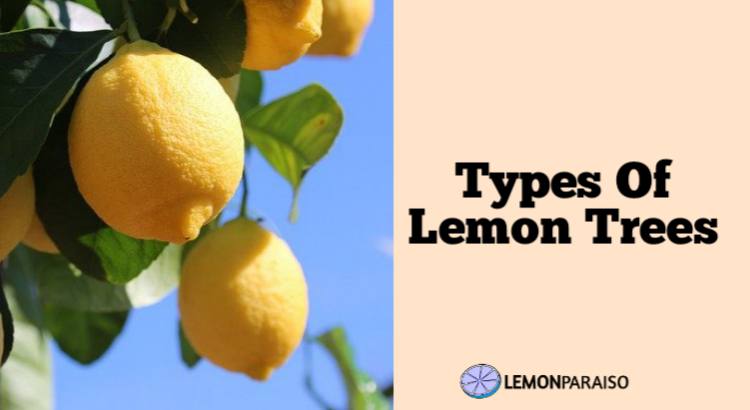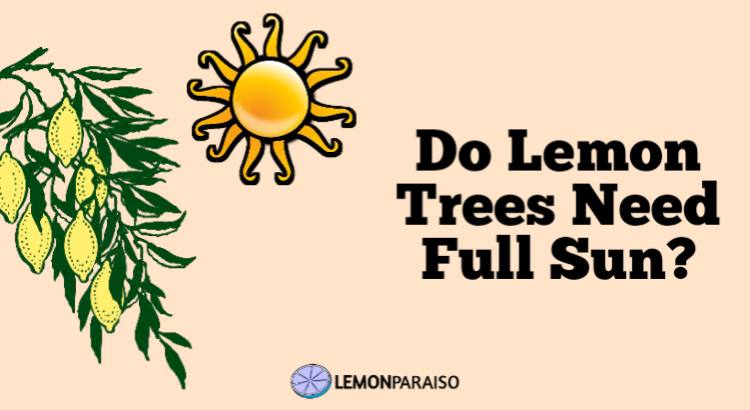Why Are My Lemons Turning Black?
Lemons, with their vibrant yellow hue and zesty flavor, are a staple in kitchens around the world. However, discovering that your once-luscious lemons are turning an ominous shade of black can be disconcerting.
This perplexing phenomenon raises questions about the health of your citrus tree and the safety of consuming the fruit. In this article, know why lemons may undergo this enigmatic transformation, exploring ten possible reasons for their unexpected change in color.
Why Are My Lemons Turning Black?
1. Fungal Infections: The Dark Side of Citrus Health
Lemon trees are susceptible to various fungal infections, and black discoloration may indicate the presence of molds such as sooty mold or melanose. Sooty mold often develops on the honeydew excreted by aphids or scales, forming a black layer on the fruit’s surface.
Melanose, on the other hand, is a fungal disease that causes black lesions on the lemon’s skin. Both can compromise the lemon’s quality and pose a threat to the overall health of the citrus tree.
2. Environmental Stress: Nature’s Impact on Citrus Brilliance
Lemons thrive in specific environmental conditions, and any deviation from their preferred climate can lead to stress. Extreme temperature fluctuations, inadequate sunlight, or excessive watering can result in the discoloration of lemons.
When exposed to stressful conditions, lemon trees may produce pigments like anthocyanin as a protective response, turning the fruit black. Understanding and addressing these environmental stressors is crucial for maintaining the vibrancy of your lemon crop.
3. Pest Infestations: Unwanted Guests on Your Citrus Feast
Pests, such as citrus-loving insects and rodents, can wreak havoc on lemon trees. The feeding activities of these intruders can cause physical damage to the fruit, making it susceptible to infections and discoloration.
In some cases, the introduction of pathogens by pests can lead to the formation of black spots or patches on the lemon’s skin. Regular monitoring and timely pest control measures are essential to safeguard your citrus harvest.
4. Nutrient Deficiencies: Balancing Act for Citrus Health
Lemons require a specific balance of nutrients to thrive, and any deficiencies in essential elements like nitrogen, potassium, or magnesium can affect their appearance.
A lack of proper nutrients may manifest as black discoloration on the fruit, signaling an underlying nutritional imbalance. Conducting soil tests and implementing targeted fertilization strategies can help address these deficiencies and promote the optimal growth of your lemon tree.
5. Bacterial Infections: The Microbial Culprits of Citrus Woes
Bacterial infections, such as citrus canker, can lead to the development of dark lesions on lemon fruits. Citrus canker is a bacterial disease that causes raised corky lesions on the fruit’s surface, eventually turning them black. This contagious disease spreads through wind-driven rain or contaminated tools, necessitating prompt and stringent control measures to prevent its escalation and preserve the health of your citrus crop.
6. Physiological Disorders: Internal Struggles of Lemon Trees
Lemons may undergo physiological disorders, such as anthracnose or chilling injury, which can result in black discoloration. Anthracnose is a fungal disease that causes dark, sunken lesions on the fruit, while chilling injury occurs when lemons are exposed to low temperatures, leading to discoloration and decay.
Identifying the specific physiological disorder affecting your lemons is crucial for implementing targeted solutions and preventing further damage.
7. Water Quality Issues: A Fluid Perspective on Citrus Well-being
The quality of water used for irrigation plays a significant role in the health of lemon trees. High levels of salts or contaminants in the water can negatively impact the roots, affecting nutrient uptake and leading to black discoloration of the fruit.
Regular testing of water quality and adopting appropriate irrigation practices can help mitigate the risk of water-related issues and promote the overall well-being of your citrus trees.
8. Chemical Exposure: The Double-Edged Sword of Pest Control
While pesticides are commonly used to protect citrus trees from pests, improper application or the use of harsh chemicals can have adverse effects on lemons. Residue from chemical treatments may cause discoloration and compromise the fruit’s safety for consumption.
Implementing integrated pest management practices and opting for eco-friendly solutions can help strike a balance between pest control and the preservation of your lemon harvest.
9. Diseases in Citrus Trees: A Holistic Approach to Orchard Health
Beyond fungal and bacterial infections, various diseases specific to citrus trees can contribute to the blackening of lemons. Diseases like citrus tristeza virus or citrus greening can impact the overall health of the tree, leading to abnormal fruit coloration.
Regular monitoring, early detection, and appropriate disease management strategies are vital to curbing the spread of these diseases and maintaining a healthy citrus orchard.
10. Genetic Factors: The Inherited Traits of Citrus Varieties
The genetic makeup of lemon varieties can influence their susceptibility to certain disorders and diseases, ultimately affecting fruit coloration. Some lemon varieties may be predisposed to developing black spots or patches under specific conditions.
Understanding the genetic characteristics of your lemon tree can provide insights into its vulnerabilities and guide targeted care practices to ensure a vibrant and healthy citrus harvest.
In conclusion, the blackening of lemons is a multifaceted issue with diverse underlying causes. By identifying the specific factors affecting your citrus trees and implementing targeted solutions, you can safeguard the health of your lemon crop and enjoy the tangy delights of this versatile fruit. Regular monitoring, proactive management, and a holistic approach to citrus care are essential for ensuring the longevity and vibrancy of your lemon orchard.



